California lawmakers are debating a bill that would impose strict new rules on self-checkout machines, potentially phasing them out unless they meet stringent conditions.
This change could signal a major shift in shopping habits across the state.
Inside the Proposed Checkout Changes
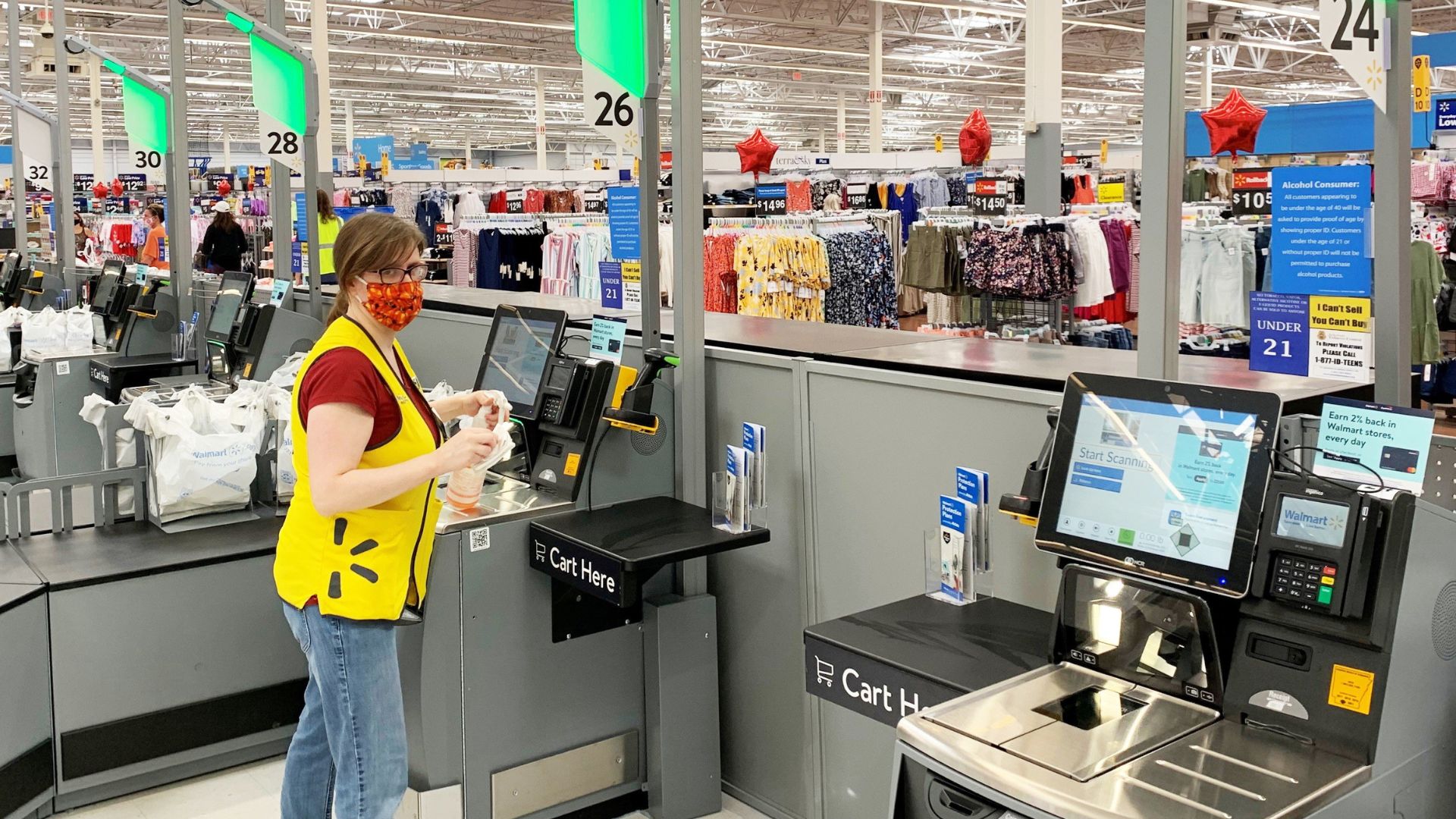
The focus of the legislative spotlight, Senate Bill 1446, is set for review soon. It’s looking to shake up the way self-checkout kiosks are used, limiting them to specific, controlled uses.
If passed, this bill could redefine the shopping experience, changing how we interact with technology at the checkout line.
Labor Unions Weigh In

Backing the bill is the UFCW union, a major voice for retail workers. Their support throws into sharp relief the ongoing battle between the rise of automation and the preservation of retail jobs.
It’s a pivotal moment that could decide the future balance of technology and employment in supermarkets and pharmacies.
Shopping by the Numbers
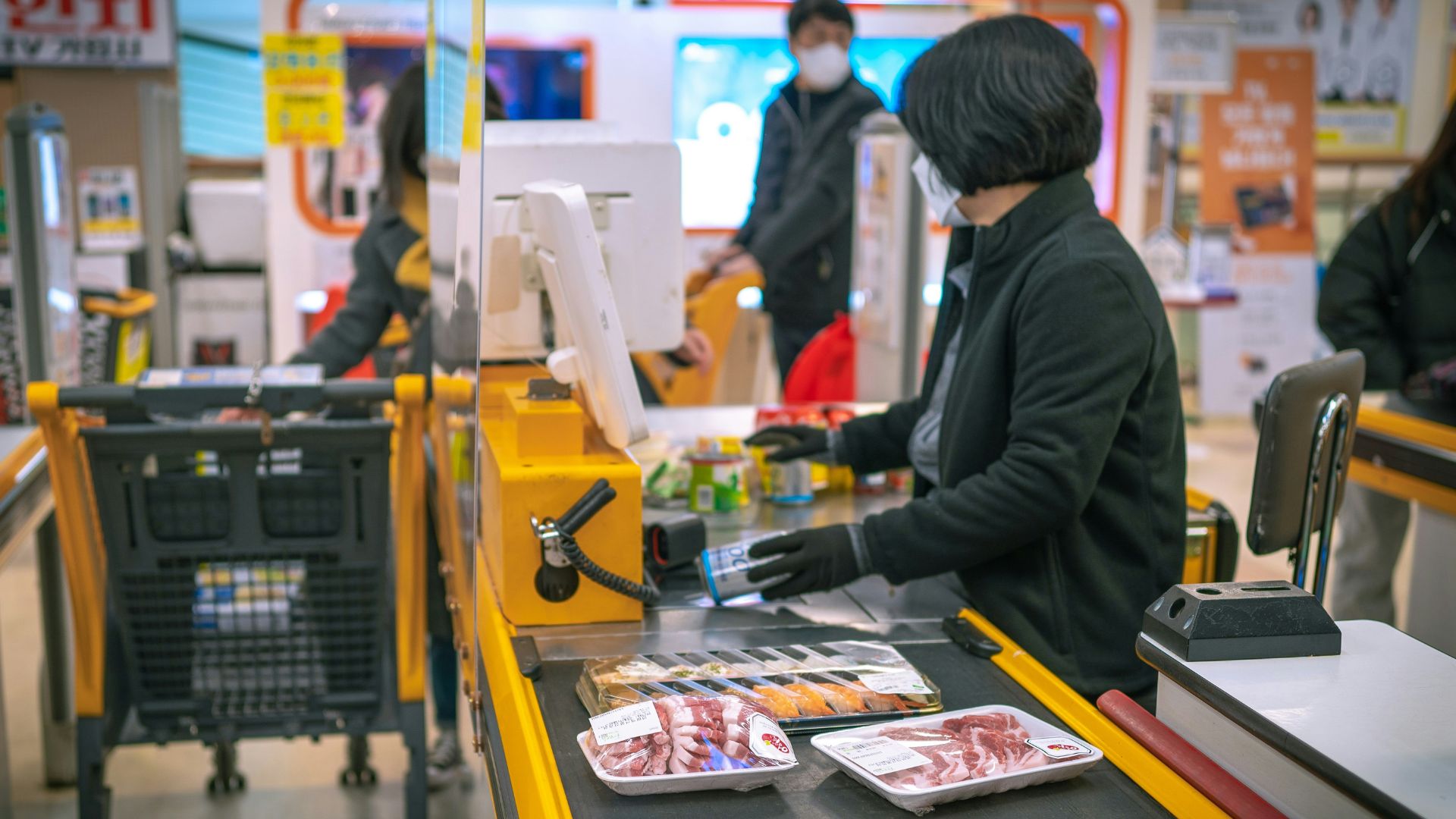
If enacted, the new law would restrict self-checkout usage to customers purchasing ten items or less.
This limitation is part of the broader effort to streamline the checkout process for quick shopping trips while managing the challenges associated with self-service technology, such as theft and customer dissatisfaction.
Keeping Human Touch in Retail
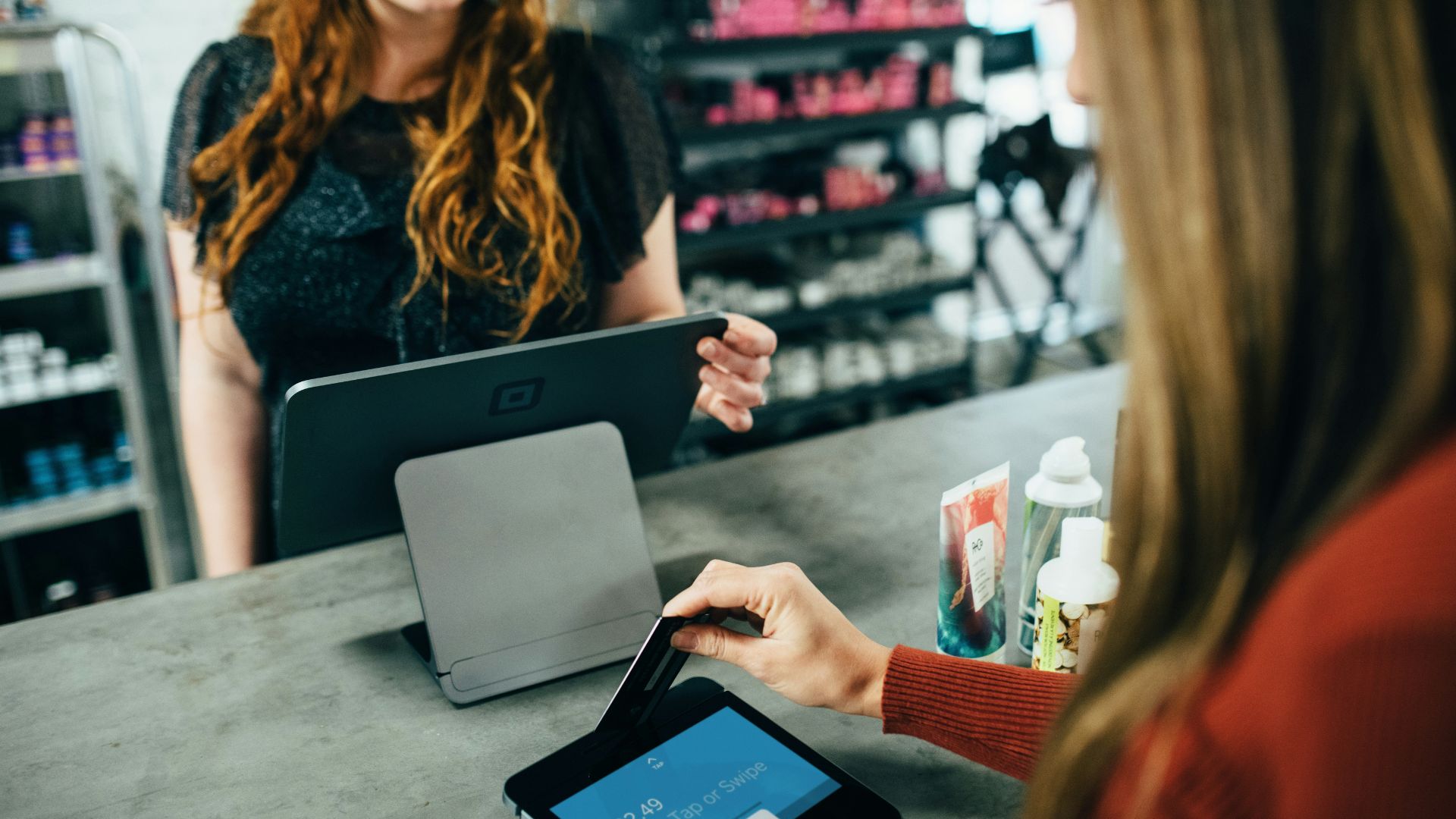
The bill mandates at least one human-staffed checkout as an alternative to machines.
This isn’t just about maintaining jobs; it’s about preserving a personal touch that many shoppers miss at automated checkouts, offering a blend of efficiency and human interaction.
Tighter Control Over Tech
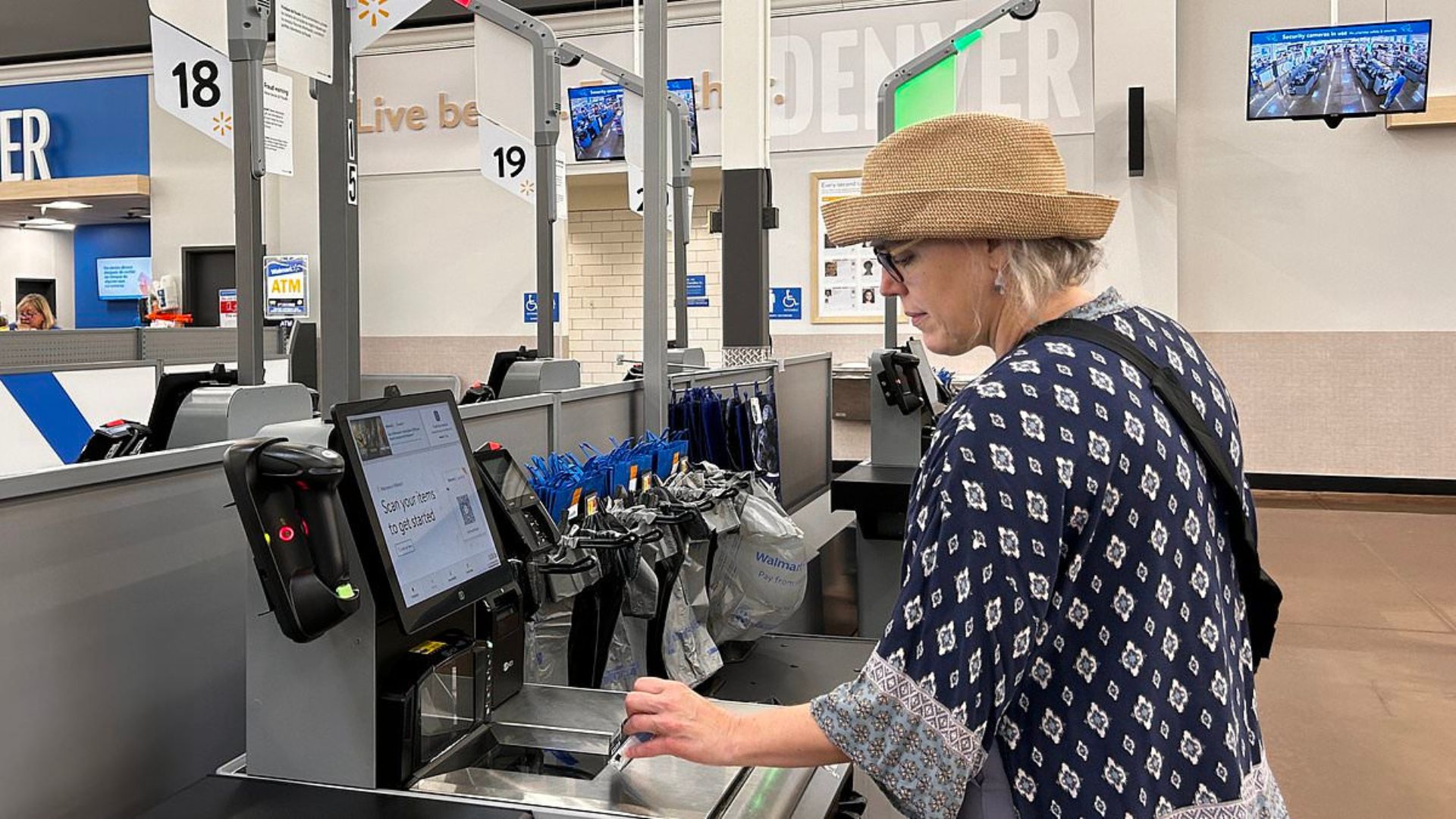
If the bill passes, store staff could only monitor two self-checkout units at a time, without multitasking.
This move is designed to boost oversight, cut down on checkout errors, and reduce theft—a significant step towards more secure and accurate shopping experiences.
Selective Checkout: What’s In, What’s Out
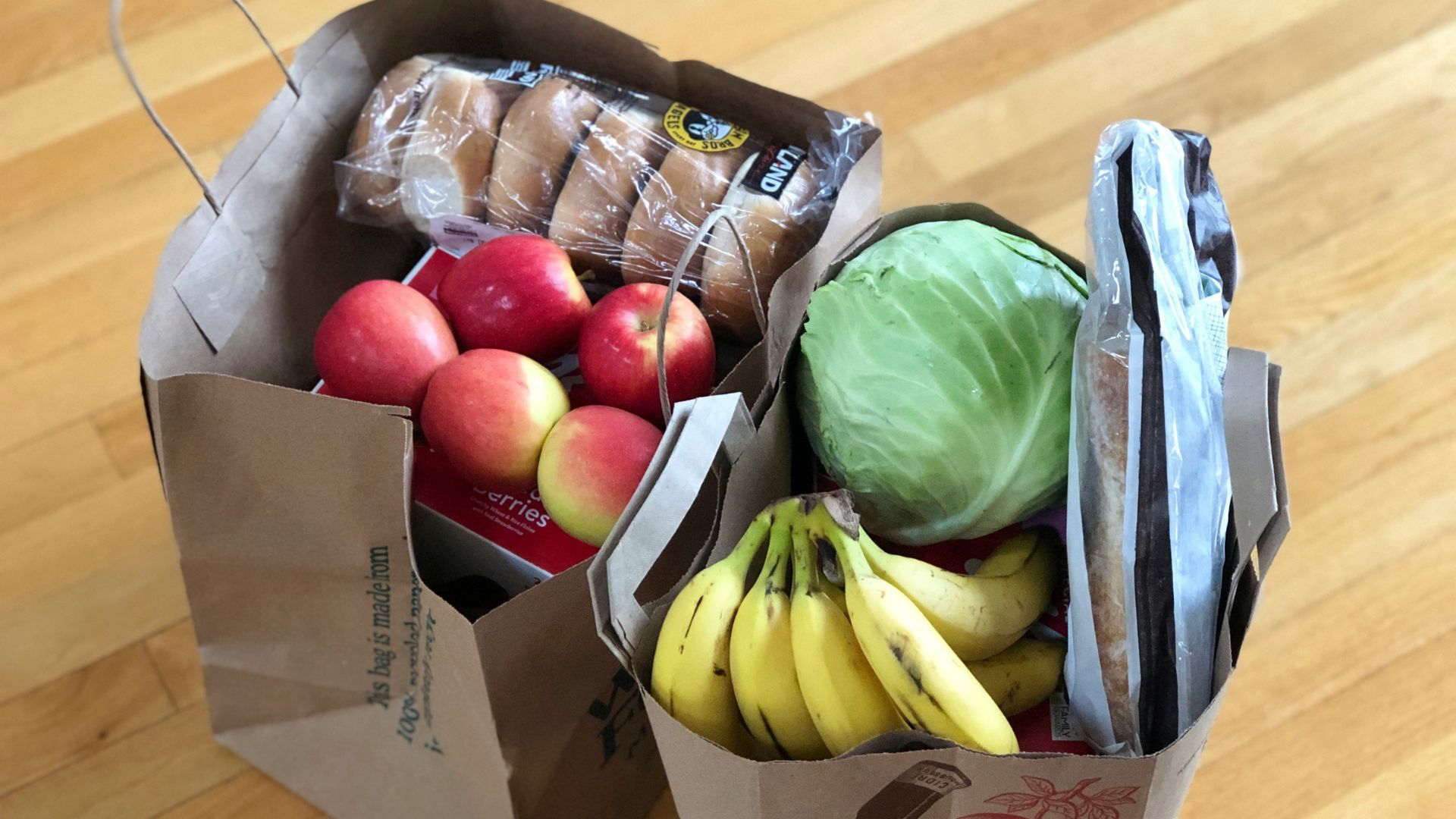
Certain high-risk items could be banned from self-checkout altogether under the new law.
This aims to curb theft and mis-scanning, ensuring that some goods are only handled at staffed checkouts, where oversight is greater and errors less common.
AI on the Stand
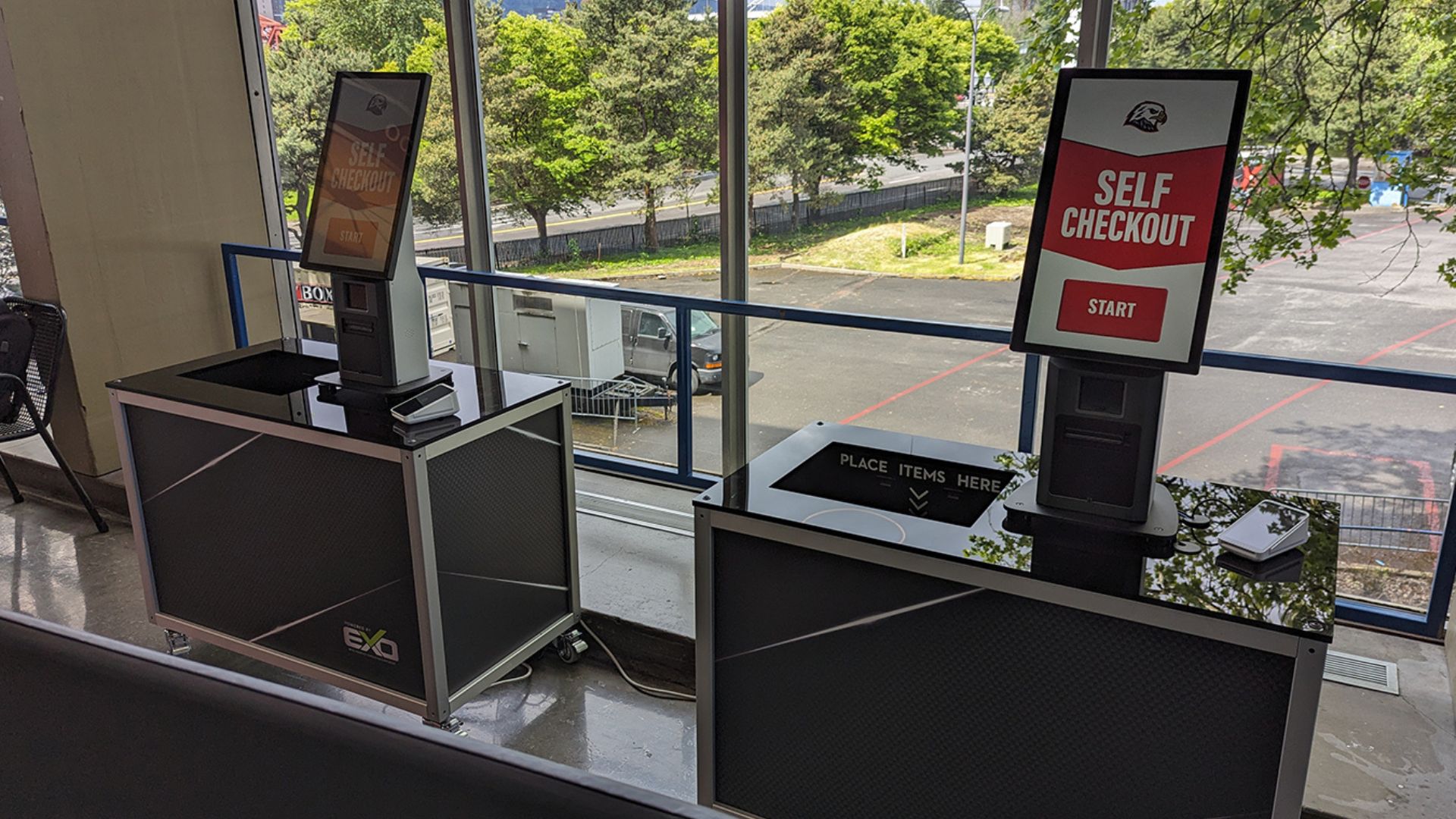
The bill also scrutinizes the use of AI in self-checkouts, requiring a thorough assessment before stores can deploy these technologies.
This ensures that AI is used wisely and safely, helping prevent misuse and enhancing security against theft.
Senator’s Vision for Tech and Jobs

Senator Lola Smallwood-Cuevas articulated the bill’s purpose clearly: “While it’s crucial to adapt these new technologies, we must protect jobs and ensure worker safety,” she explained to the Sacramento Bee.
Her statement stresses the dual focus of the legislation—embracing innovation while safeguarding the workforce.
Why Self-Checkouts Emerged
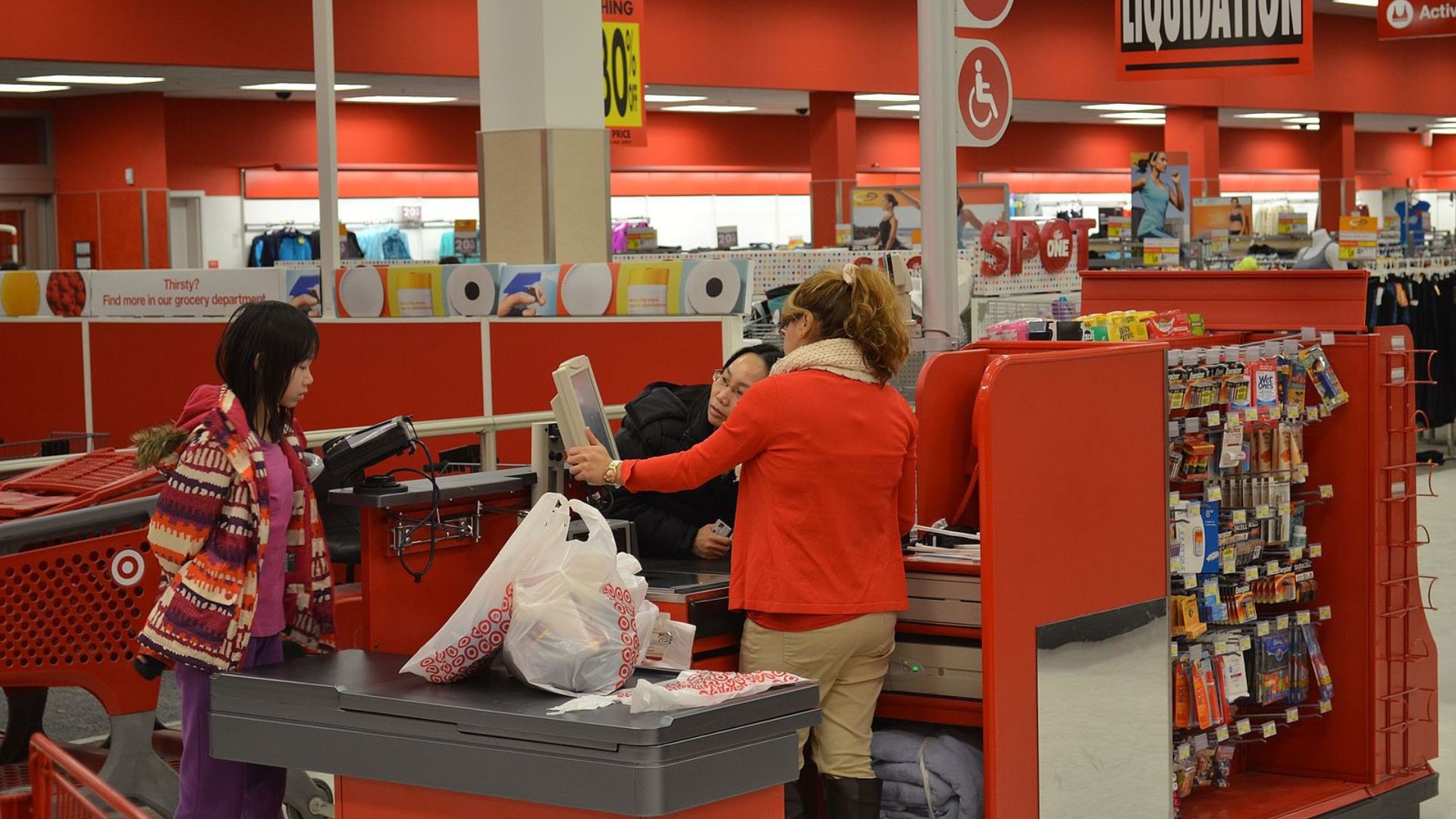
Introduced to cut costs and supposedly smooth out the shopping experience, self-checkout systems have not been without issues.
Increased theft and operational glitches have led to second thoughts about their role in retail, prompting a reevaluation of how these machines fit into the consumer landscape.
Big Names Backing Off
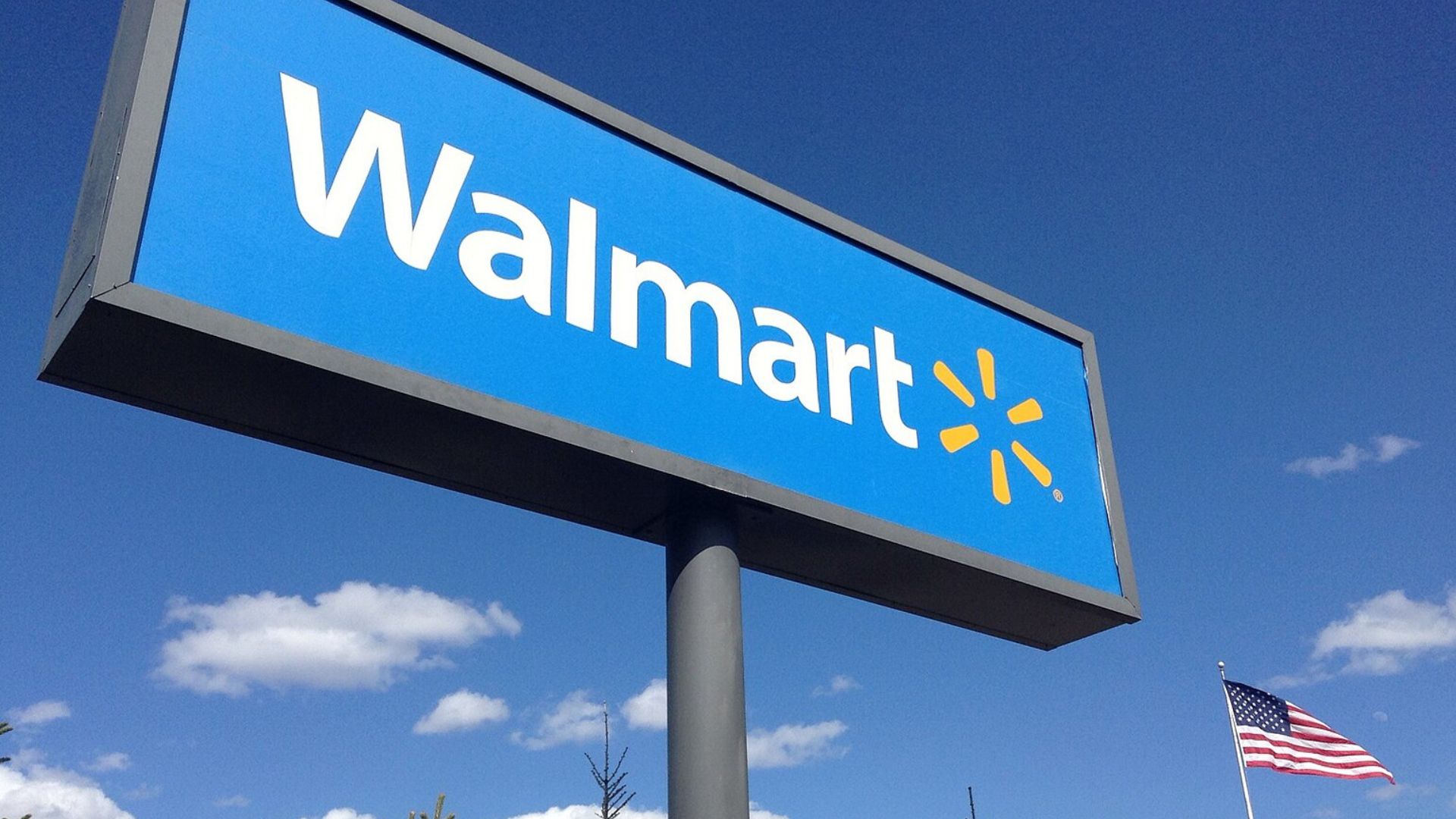
Walmart, among others, is dialing back on self-checkouts, pulling machines from certain stores to enhance customer service and address theft concerns.
This retreat from automation reflects a broader industry trend towards more personalized service and enhanced security.
A Shift Back to Staffed Checkouts

Reflecting a broader industry recalibration, both Target and Dollar General are rethinking their checkout strategies, imposing limits on self-checkout use or removing them entirely.
This pivot towards traditional, manned checkouts responds to customer feedback and the complex challenges posed by self-service technologies.

